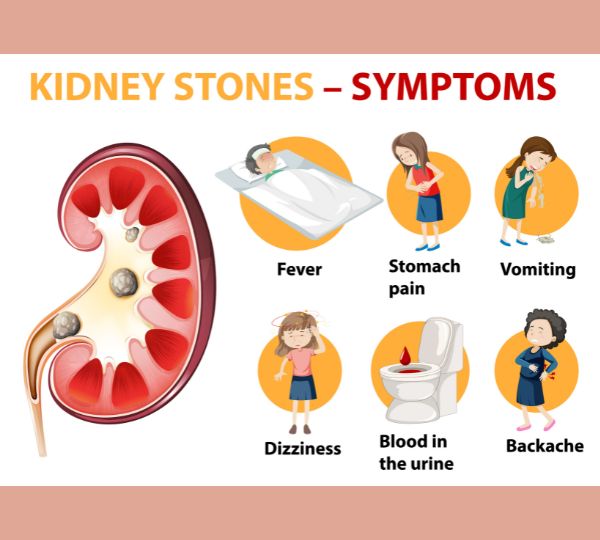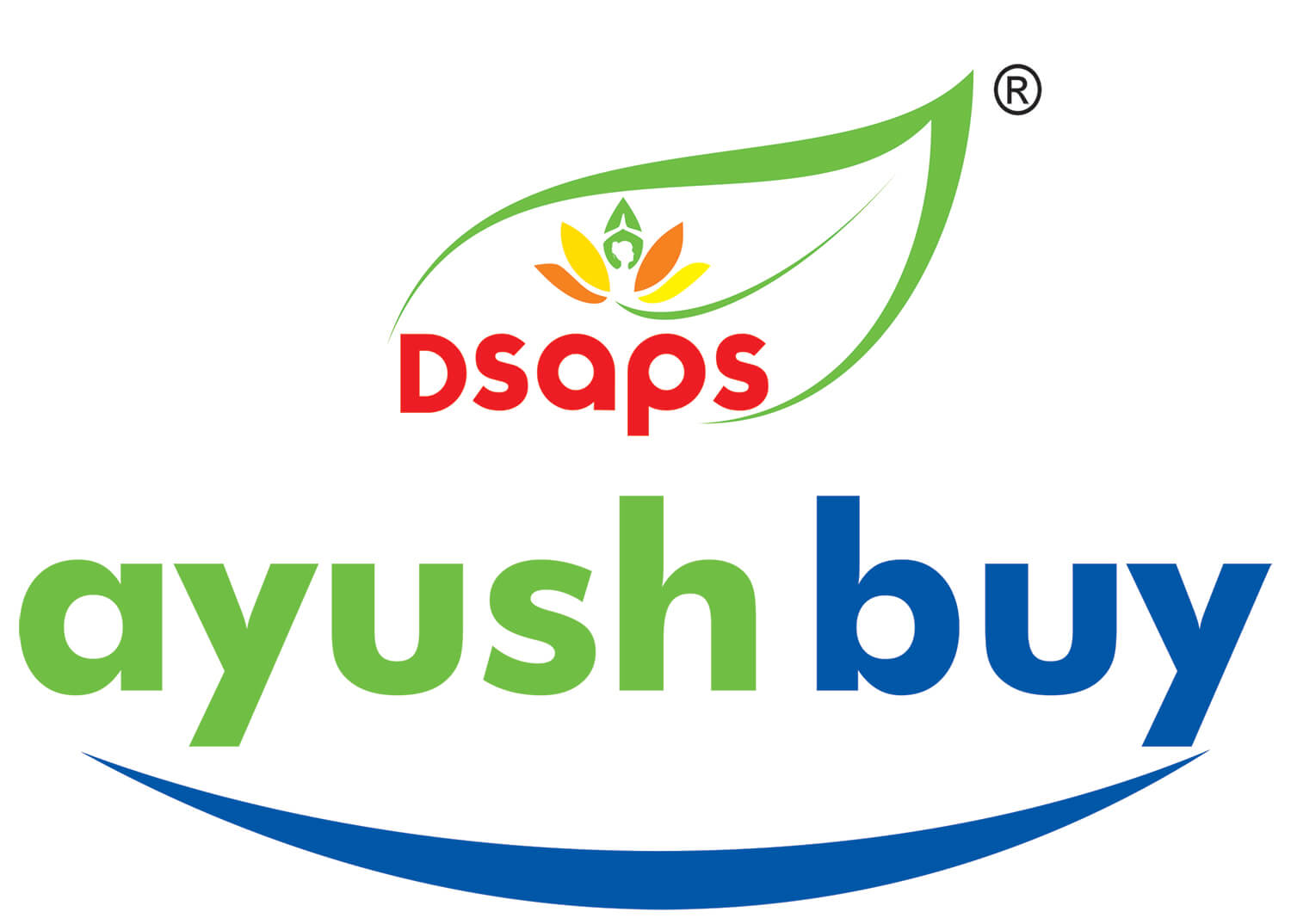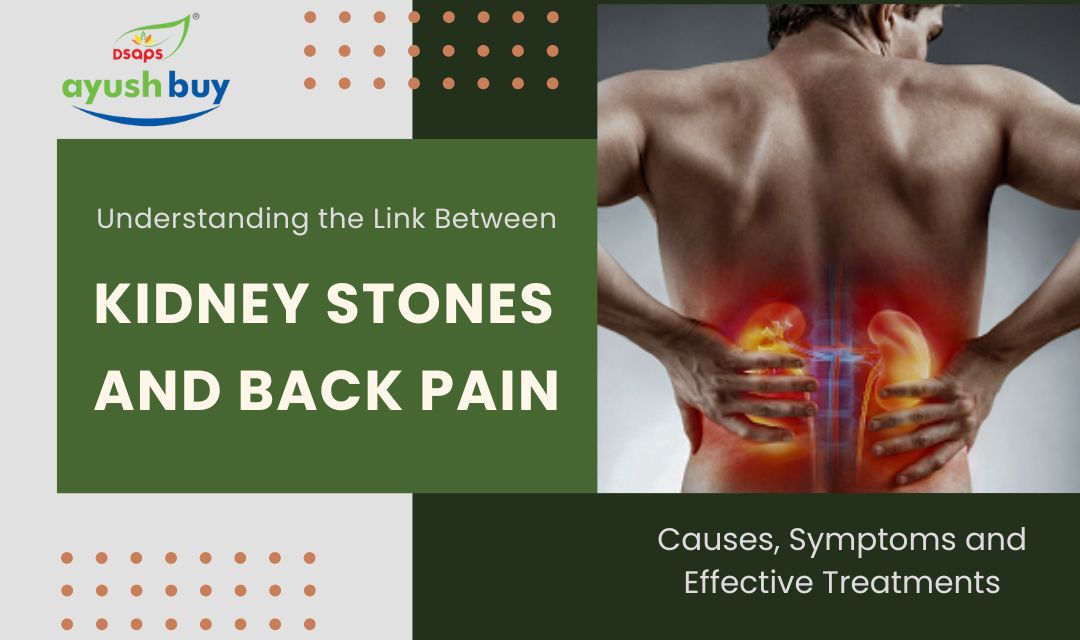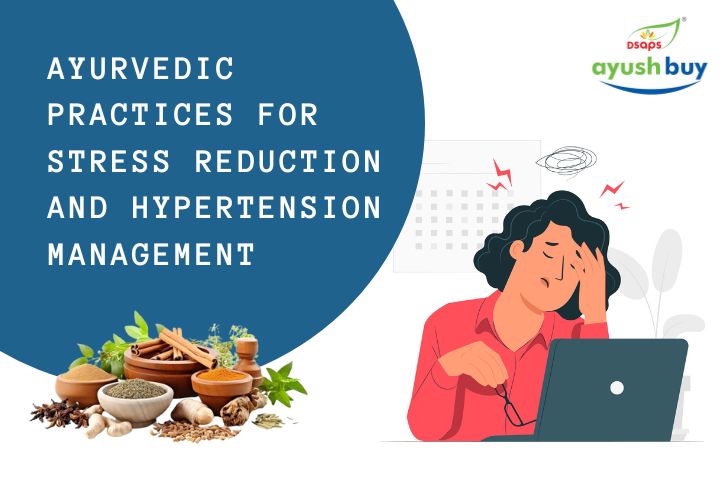Are you experiencing continuous back pain that just won’t go away? It could be more than just a muscle strain or an inactive lifestyle. In fact, kidney stones may be the hidden culprit behind your discomfort. Linking kidney stones and back pain might seem unusual, but the relationship between the two is closer than you might think.
Kidney stones are small, hard mineral deposits that form in the kidneys. They can cause excruciating pain as they travel through the urinary tract, eventually exiting the body through urine. However, what many people don’t realize is that kidney stones can also cause referred pain in the back, simulating lower back pain or flank pain.
In this article, we will delve into the causes and symptoms of kidney stones, explore their connection to back pain, and discuss effective treatments. We’ll also provide helpful tips for preventing kidney stones in the first place.
Don’t let kidney stones and the associated back pain disrupt your daily life. Read on to gain a better understanding of this link between kidney stones and back pain and discover ways to find relief and prevent future occurrences.
What causes kidney stones?
Kidney stones can develop due to various factors. One of the primary causes is an imbalance in the urine’s chemical composition. When certain substances, such as calcium, oxalate and uric acid, become highly concentrated in the urine, they can crystallize and form stones. Other factors that contribute to kidney stone formation include dehydration, a diet high in sodium and protein, certain medical conditions and a family history of kidney stones.
It’s crucial to understand that not everyone who has these risk factors will develop kidney stones. However, being aware of them can help you take preventative measures to reduce your chances of experiencing this painful condition.
Read: Kidney stones – self-care
Common symptoms of kidney stones

Kidney stones can manifest with a variety of symptoms and the severity can vary depending on the size and location of the stone. Some common symptoms include:
1. Intense pain: The most notable symptom of kidney stones is excruciating pain, often described as one of the worst pains a person can experience. The pain usually starts in the back or side and extends to the lower abdomen and groin area. The intensity of the pain can fluctuate as the stone moves through the urinary tract.
2. Blood in urine: Kidney stones can cause microscopic or visible blood in the urine, known as hematuria. The presence of blood may give the urine a pink, red, or brown color.
3. Frequent urination: Kidney stones can irritate the lining of the urinary tract, leading to increased frequency of urination. This symptom may be accompanied by a sense of urgency.
4. Cloudy or foul-smelling urine: In some cases, kidney stones can cause changes in urine appearance and odour. Cloudy urine or urine with a strong, unpleasant smell may indicate the presence of stones.
5. Nausea and vomiting: As the body tries to cope with the pain caused by kidney stones, it may trigger a nauseous feeling and lead to vomiting.
If you experience any of these symptoms, particularly severe pain or blood in the urine, it’s crucial to seek medical attention promptly.
Understanding the Link Between Kidney Stones and Back Pain
Kidney stones develop when certain substances in the urine, like calcium, oxalate, and uric acid, crystallize and stick together. These crystals can gradually grow in size, forming hard stones that can cause a range of symptoms, including severe back pain.
The connection between kidney stones and back pain lies in the anatomy of the urinary system. The kidneys are located in the upper part of the abdomen, towards the back. When kidney stones form, they can cause obstruction or blockage in the urinary tract. This blockage can lead to a buildup of pressure, causing pain that radiates to the back.
The type and location of the back pain can vary depending on the size and position of the kidney stone. Some individuals may experience pain in the lower back, while others may feel discomfort in the flank area, which is the side of the body between the ribs and the hip. The pain can be intermittent or constant, and it may worsen with movement or certain activities.
Find: Ayurvedic Pain Relief Oil – For Joint & Body Pain
When to See a Doctor for Kidney Stones and Back Pain?
If you are experiencing persistent or severe back pain, especially if it is accompanied by other symptoms such as blood in the urine, frequent urination, or fever, it is important to see a doctor. These could be signs of kidney stones or other underlying medical conditions that require prompt attention.
Your doctor will evaluate your symptoms, perform a physical examination, and may order diagnostic tests such as blood tests, urine tests, or imaging studies like X-rays or CT scans. These tests can help confirm the presence of kidney stones and determine their size and location.
Early diagnosis and treatment are crucial in managing kidney stones and preventing complications. Therefore, if you suspect kidney stones as the cause of your back pain, don’t hesitate to seek medical advice.
Diagnosing Kidney Stones and Back Pain in Ayurveda
In Ayurveda, the ancient Indian system of medicine, the diagnosis of kidney stones and back pain involves a holistic approach. Ayurvedic practitioners consider the balance of the three doshas – Vata, Pitta, and Kapha – and the overall state of the body and mind.
Ayurvedic diagnosis of kidney stones and back pain may include an assessment of your physical constitution, lifestyle factors, diet, and any imbalances in the doshas. The practitioner may also use specific diagnostic techniques such as pulse examination, tongue examination, and observation of bodily signs and symptoms.
Once the diagnosis is made, Ayurvedic treatment focuses on restoring the balance of the doshas and eliminating the root cause of the problem. This approach aims to not only alleviate the symptoms but also promote overall well-being and prevent future occurrences.
Effective Ayurvedic Treatments for Kidney Stones and Back Pain
Ayurveda offers a range of treatments for kidney stones and back pain that are natural, holistic, and personalized. These treatments aim to improve digestion, detoxify the body, and promote the proper functioning of the urinary system.
One of the key Ayurvedic treatments for kidney stones is Panchakarma, a detoxification process that involves various therapies to eliminate toxins from the body. Panchakarma may include procedures such as Virechana (therapeutic purgation), Basti (medicated enema), and Abhyanga (oil massage).
In addition to Panchakarma, Ayurvedic practitioners may prescribe specific herbal formulations and dietary recommendations to help dissolve and eliminate kidney stones. Some commonly used herbs for kidney stones include Mookirattai (Punarnava / Boerhaavia diffusa), Murungai (Shigru / Moringa oleifera), Nerunjil (Gokhru / Tribulus terrestris), Sirupeelai (Mountain knot grass / Aerva lanata) and Maavilnga pattai (Varuna / Crataeva nurvala).
Ayurveda also emphasizes the importance of lifestyle modifications and dietary changes to prevent the recurrence of kidney stones. This may involve avoiding certain foods that can contribute to stone formation, increasing fluid intake, and incorporating herbs and spices with diuretic properties into your diet.
It is important to note that Ayurvedic treatments should be carried out under the guidance of a qualified practitioner to ensure their safety and effectiveness.
Find here: Kidney Stone Ayurvedic Medicines
Lifestyle Changes to Prevent Kidney Stones
Prevention is always better than cure, and this holds for kidney stones as well. Making certain lifestyle changes can significantly reduce the risk of developing kidney stones and the associated back pain.
1. Stay hydrated: Drinking an adequate amount of water throughout the day is essential for maintaining proper urine production and preventing the concentration of minerals that can lead to stone formation. Aim to drink at least 8 glasses of water daily.
2. Eat a balanced diet: Follow a healthy, balanced diet that includes a variety of fruits, vegetables, whole grains, and lean proteins. Avoid excessive consumption of foods high in oxalate, such as spinach, beetroot, and rhubarb.
3. Limit salt and animal protein: High intake of salt and animal protein can increase the risk of kidney stone formation. Limit your salt intake and choose plant-based protein sources whenever possible.
4. Maintain a healthy weight: Obesity and overweight can increase the risk of developing kidney stones. Maintain a healthy weight by a regular exercise and following a balanced diet.
5. Practice good hygiene: Regularly wash your hands and maintain proper hygiene to reduce the risk of urinary tract infections, which can contribute to kidney stone formation.
By incorporating these lifestyle changes into your daily routine, you can significantly reduce the chances of developing kidney stones and experiencing back pain.
Read: Low Back Pain: Siddha Medicine & Treatment
Conclusion: Taking control of kidney stones and back pain
Kidney stones can cause intense pain and significantly disrupt your daily routine. However, by adopting appropriate strategies, you can effectively control their impact on your life. By making simple changes to your diet and lifestyle, you can reduce your risk of developing kidney stones and alleviate existing pain.
Start by drinking plenty of water to stay hydrated and flush out toxins. Avoid foods high in oxalates, like spinach and nuts, which can contribute to stone formation. Alternatively, choose a balanced diet rich in fruits, vegetables and whole grains. Regular exercise can also help prevent kidney stones and alleviate back pain by strengthening your muscles and improving flexibility.
Don’t let kidney stones and back pain control your life any longer. With the right strategies and support, you can take charge of your health and enjoy a pain-free future.



